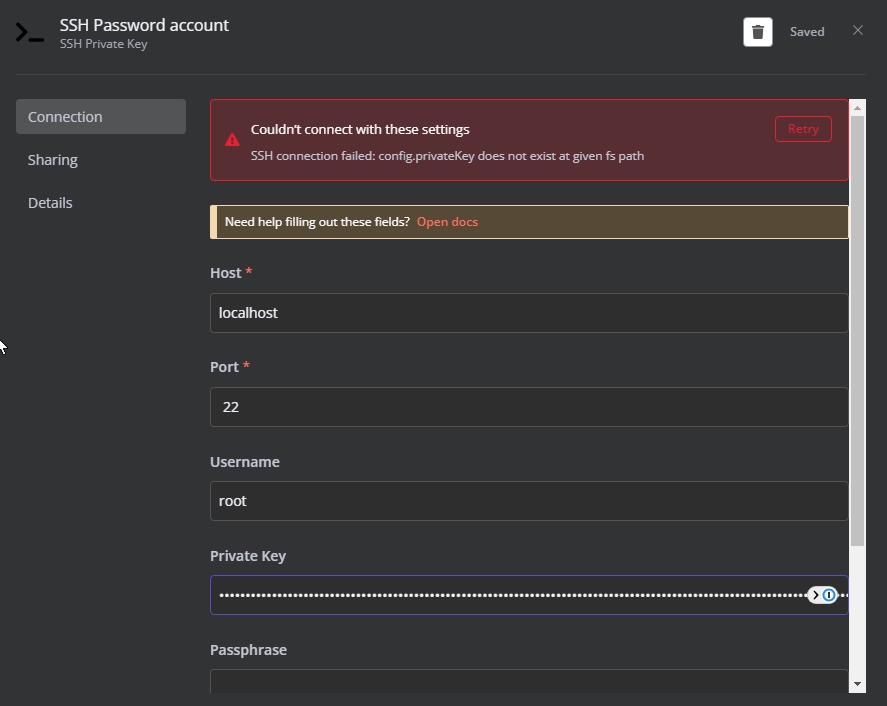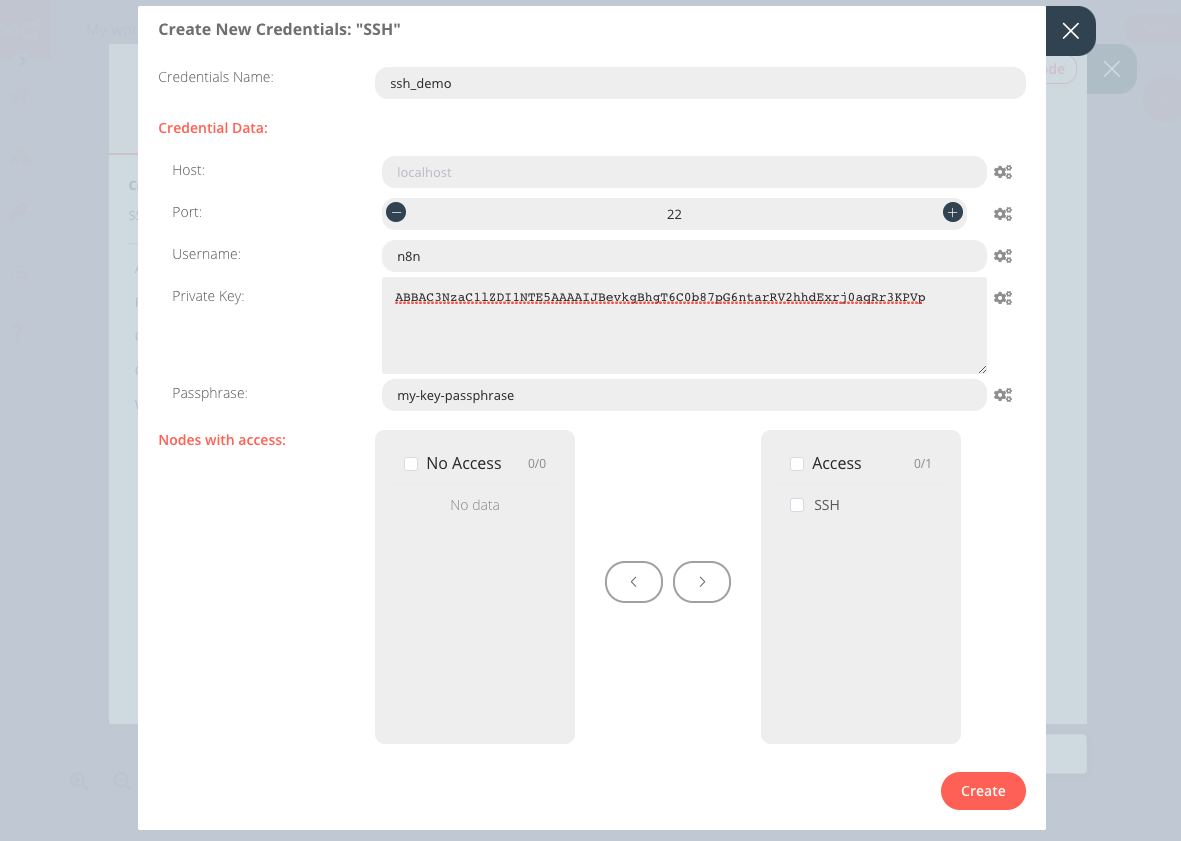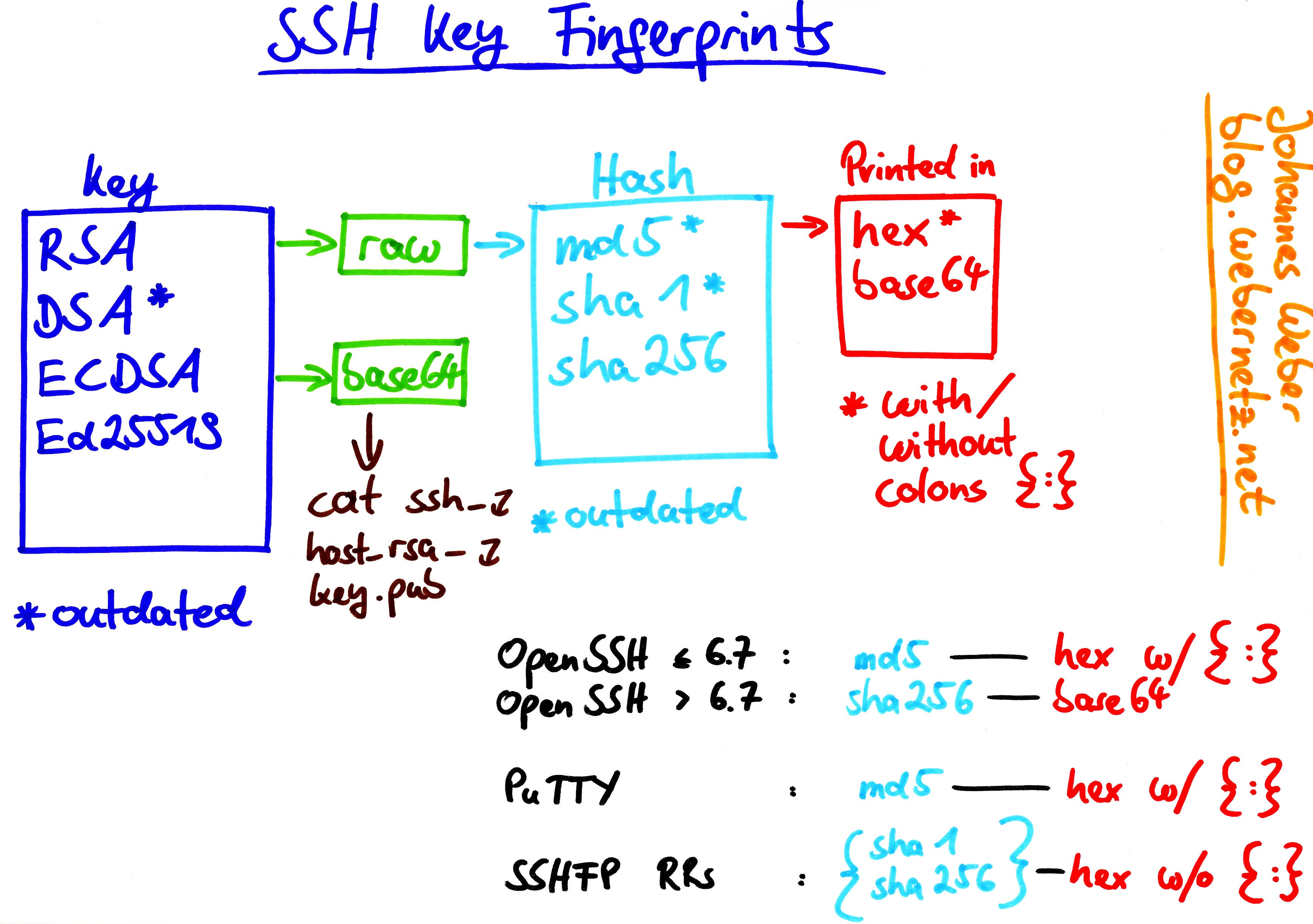Listen up, folks—remote work is the new normal, and IoT platforms are the backbone of modern innovation. But what happens when your SSH key stops cooperating? It’s like trying to unlock a door with a key that suddenly decides it’s had enough. If you're stuck scratching your head over why your RemoteIoT platform SSH key isn’t working, you’re in the right place. We’re diving deep into the nitty-gritty of this issue, and trust me, it’s going to be a wild ride.
SSH keys are like the VIP passes to your server kingdom. They’re supposed to make life easier by providing secure access without the hassle of passwords. But when they stop working, it feels like someone just canceled your backstage pass. In this article, we’ll unravel the mystery behind why your RemoteIoT platform SSH key isn’t working and how to fix it.
This isn’t just another tech article; it’s a survival guide for anyone who’s ever been frustrated by a stubborn SSH key. So grab a coffee, sit back, and let’s get down to business.
Read also:Unveiling The Fascinating Story Of Anita Maria Smith And Her Italian Legacy
Understanding the Basics of SSH Keys
Before we dive into the troubleshooting process, let’s break down what SSH keys actually are. An SSH key is like a digital handshake between your device and a server. It’s a pair of cryptographic keys—one public and one private—that work together to ensure secure communication. Think of it as a secret code that only you and the server understand.
Here’s the deal: when your SSH key isn’t working, it’s usually because something in this secret handshake has gone wrong. It could be a misconfiguration, a permissions issue, or even a simple typo. Whatever the reason, we’re here to help you figure it out.
Why SSH Keys Are Crucial for RemoteIoT Platforms
RemoteIoT platforms rely heavily on SSH keys for secure communication. Without them, you’d be stuck typing in passwords every time you want to access your server. Not only is that a pain, but it’s also less secure. SSH keys provide a higher level of authentication, making them the go-to choice for anyone serious about security.
But here’s the kicker: if your SSH key isn’t working, your entire workflow can grind to a halt. That’s why it’s essential to understand how they work and how to troubleshoot them when things go sideways.
Common Reasons Why RemoteIoT SSH Keys Fail
So, what’s causing your SSH key to act up? Let’s take a look at some of the most common culprits:
- Incorrect Permissions: SSH keys are picky about file permissions. If your key files have the wrong permissions, the server will reject them.
- Key Mismatch: It’s possible that the public key on the server doesn’t match the private key on your device. This can happen if you’ve regenerated your keys or if someone else has tampered with them.
- Corrupted Keys: Sometimes, SSH keys can become corrupted due to file transfer issues or accidental edits.
- Firewall or Network Issues: If your server is behind a firewall, it might be blocking SSH connections altogether.
These are just a few of the reasons why your SSH key might not be working. Don’t worry—we’ll tackle each of these issues in detail later on.
Read also:Mastering Remoteiot Vpc Ssh On Raspberry Pi Download Windows 10 Free Guide
How to Check SSH Key Permissions
One of the first things you should check is the permissions on your SSH key files. Here’s how to do it:
- Open your terminal and navigate to the directory where your SSH keys are stored (usually ~/.ssh).
- Run the command
ls -lto view the file permissions. - Make sure the private key file (usually id_rsa) has permissions set to 600. You can change the permissions using the command
chmod 600 id_rsa.
Simple, right? But don’t underestimate the power of proper permissions. A single misstep here can cause your SSH key to stop working.
Step-by-Step Troubleshooting Guide
Now that we’ve covered the basics, let’s dive into a step-by-step guide to troubleshooting your SSH key issues. Follow these steps carefully, and you’ll be back up and running in no time.
Step 1: Verify Your SSH Key Pair
The first step is to ensure that your SSH key pair is intact. Here’s how:
- Check if both the public and private keys exist in the ~/.ssh directory.
- Compare the public key on your server with the private key on your device. They should match.
- If they don’t match, regenerate your SSH key pair using the command
ssh-keygen -t rsa -b 4096.
Regenerating your keys might seem drastic, but it’s often the quickest way to resolve mismatch issues.
Step 2: Test Your SSH Connection
Once you’ve verified your key pair, it’s time to test your SSH connection. Here’s how:
- Open your terminal and run the command
ssh -v username@yourserver.com. - Check the output for any error messages. This will give you a clue as to what’s going wrong.
- If the connection fails, double-check your server configuration and firewall settings.
This step will help you identify whether the issue is with your key or with the server itself.
Advanced Troubleshooting Techniques
If the basic troubleshooting steps don’t work, it’s time to pull out the big guns. Here are some advanced techniques to try:
Check Server Logs
Server logs can provide valuable insights into why your SSH key isn’t working. Here’s how to access them:
- Log in to your server using a different method (e.g., password authentication).
- Check the SSH logs using the command
tail -f /var/log/auth.log. - Look for any error messages related to your SSH key.
Server logs might look intimidating, but they’re your best friend when it comes to troubleshooting.
Inspect Your SSH Configuration
Sometimes, the issue lies in your SSH configuration file. Here’s how to inspect it:
- Open the SSH configuration file using the command
sudo nano /etc/ssh/sshd_config. - Check if the line
PubkeyAuthentication yesis present and uncommented. - Restart the SSH service using the command
sudo service ssh restart.
A simple misconfiguration here can cause your SSH key to stop working, so it’s worth double-checking.
Best Practices for Managing SSH Keys
Prevention is always better than cure. Here are some best practices for managing your SSH keys:
- Use Strong Keys: Always generate SSH keys with a high bit length (at least 4096 bits).
- Protect Your Private Key: Store your private key in a secure location and set proper file permissions.
- Regularly Rotate Keys: Don’t use the same SSH key forever. Rotate them periodically to minimize security risks.
- Monitor Access: Keep an eye on who has access to your servers and revoke keys that are no longer needed.
By following these best practices, you can avoid many of the issues that cause SSH keys to stop working.
Why Regular Key Rotation Matters
Regularly rotating your SSH keys might seem like a hassle, but it’s a crucial part of maintaining security. Think of it like changing the locks on your house—it’s a small inconvenience that can save you a lot of trouble in the long run.
Not only does key rotation reduce the risk of unauthorized access, but it also ensures that any compromised keys are quickly identified and removed.
Conclusion
And there you have it—a comprehensive guide to troubleshooting RemoteIoT platform SSH key issues. Whether it’s a permissions problem, a key mismatch, or a server misconfiguration, we’ve covered it all. Remember, SSH keys are the backbone of secure communication, so it’s essential to keep them in good working order.
So, what’s next? If you’ve found this article helpful, why not share it with your fellow tech enthusiasts? And if you’re still stuck, don’t hesitate to leave a comment below. We’re here to help!
References:
- OpenSSH Documentation
- Linux Foundation
- SSH.com
Table of Contents


